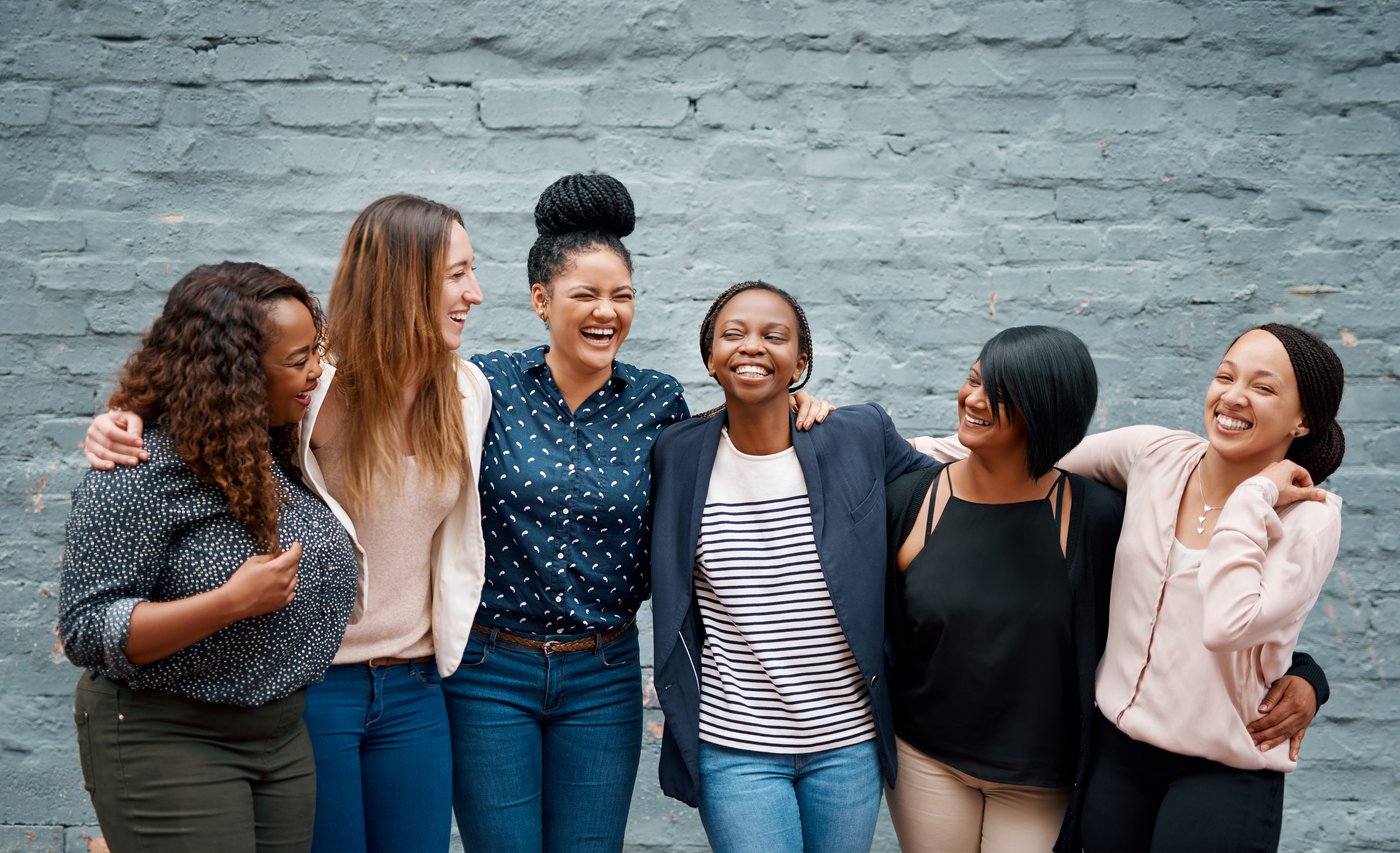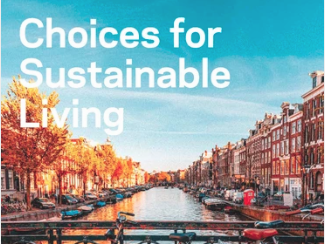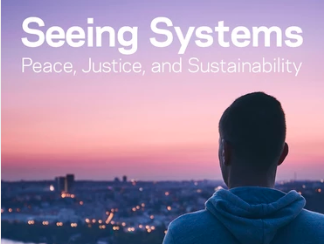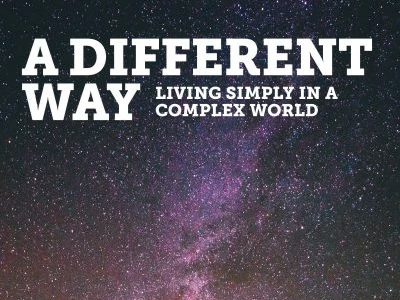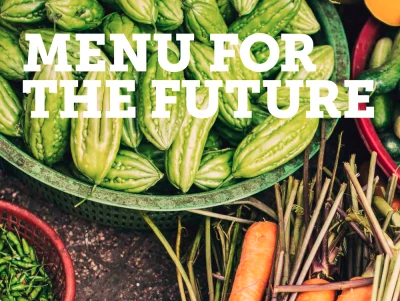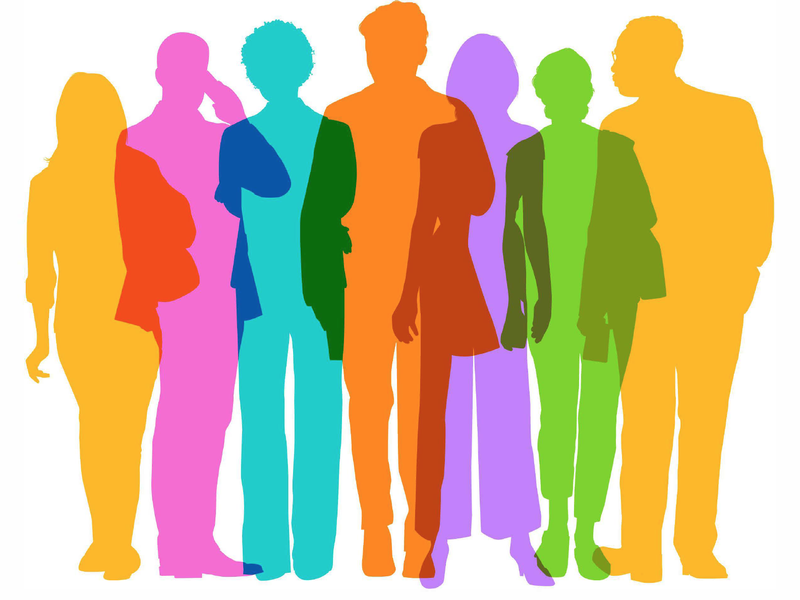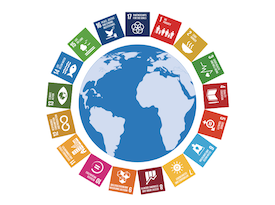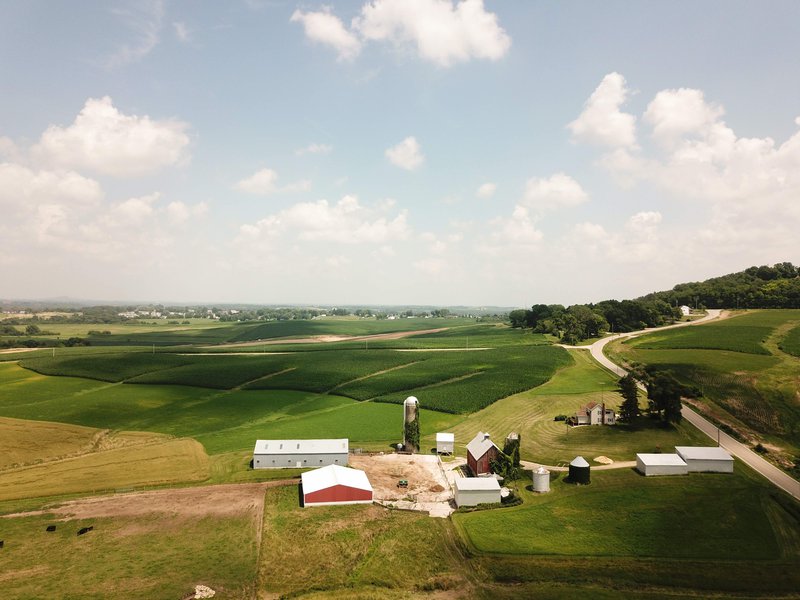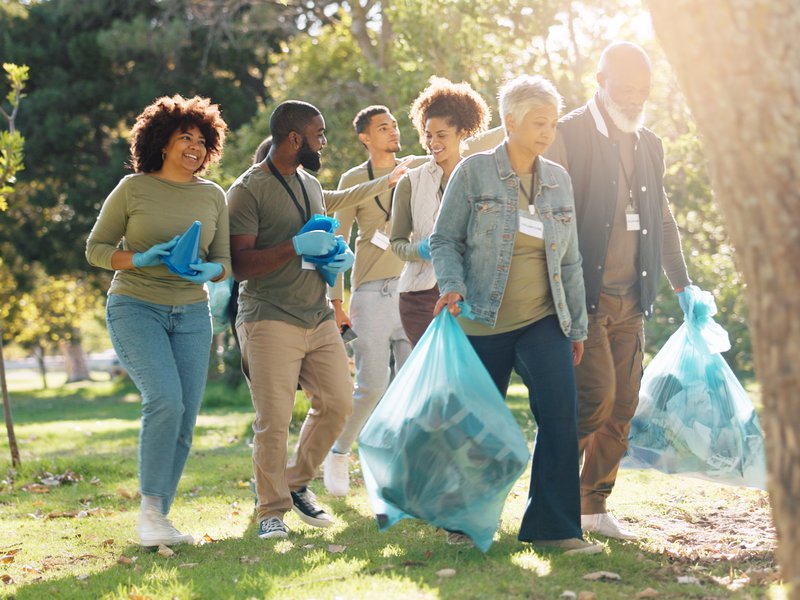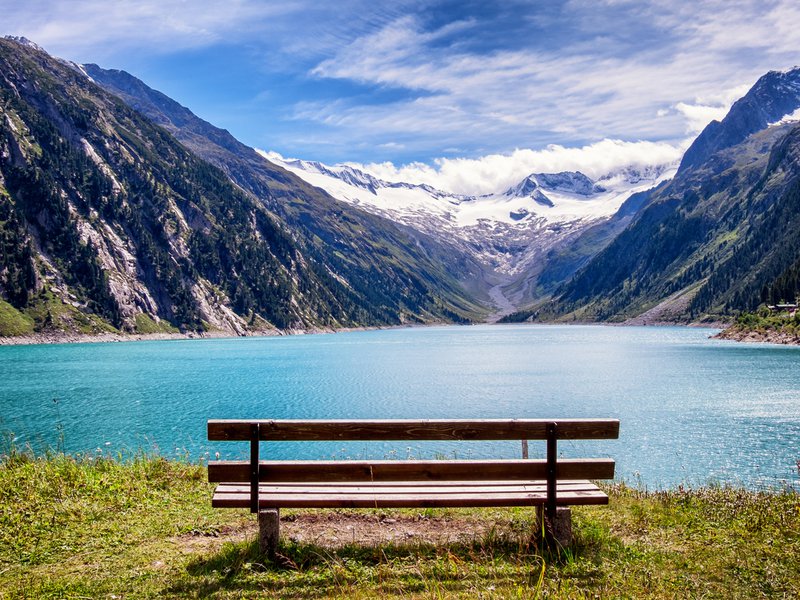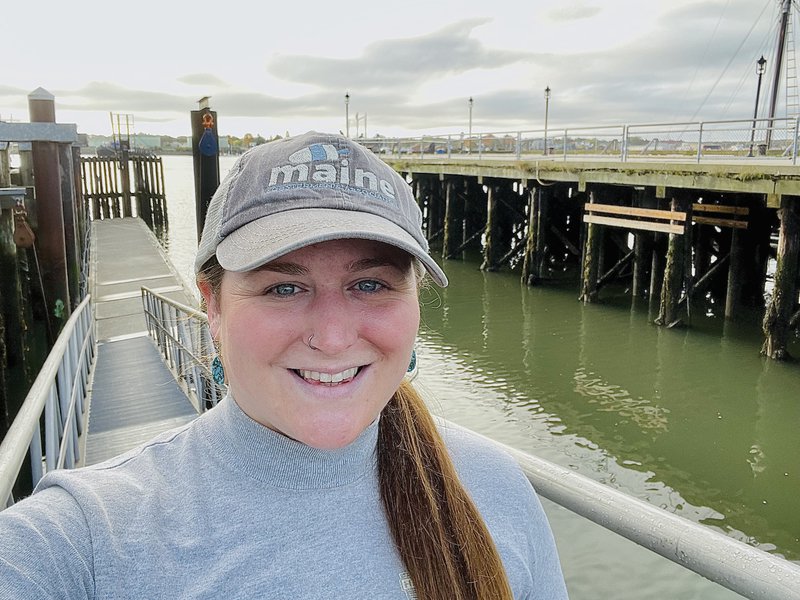


I realized when starting my low waste journey that one of the lesser talked about topics within the sustainability world is environmental justice and the importance of intersectional environmentalism.
As one of few black sustainability influencers, I find it important to use my voice and platform to educate others and encourage them to take action! What we do matters, not just to our lives, but also to the people we influence and the behavior we normalize around us. By living in a way that aligns with your values, you influence productive change around you. We can’t give up doing our part towards environmental justice; it’s critical to take actions towards living a low waste lifestyle that is inclusive and accessible to everyone. I discuss 5 ways you can live more sustainably and work towards environmental justice below:
1 / Build your network.
Be vocal about environmental justice and sustainability to influence the people around you, and they will influence their networks, creating a ripple effect of social change. Your friends and family will notice if you make sustainable choices, and it will cause them to think about their own choices. Your actions will influence those close to you, which will help create space for governments and businesses to take action too. Additionally, be vocal about sustainability and how you make a difference in the world on social media to expand your influence.
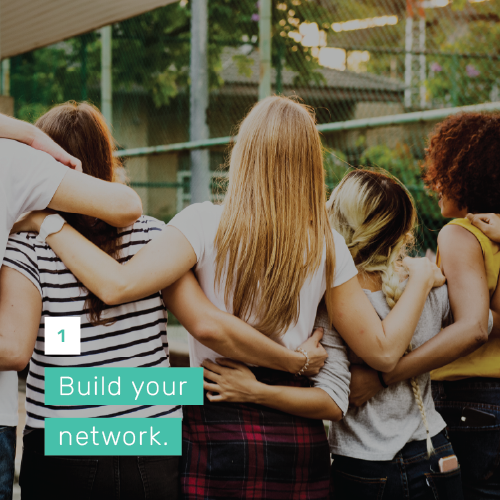
2 / Take responsibility for your key role
Some environmental commentators argue individual behavior isn’t productive because it doesn’t change policies to hold corporate polluters accountable or create systemic change. This thinking shifts all responsibility off of individuals to minimize their harm to the environment and advises us to simply wait around for the government to do something (but we’d be waiting way too long).
Individual behavior is essential to environmental justice. While political action is also important (another reason to take personal action and vote!), there’s so much you could be doing on a personal level that truly matters.
Personal and political action work well together. When you make sustainable choices and take responsibility for minimizing climate catastrophe, you amplify your ability to advocate for the environment, which is a powerful act. You can also back socially-equal conservation policies and the politicians supporting them.
We personally benefit from being accountable for our own actions – and even more when the action is attributed towards a cause we care about. It deepens our commitment to the cause and gives personal fulfillment when we practice aligning our values with our actions.
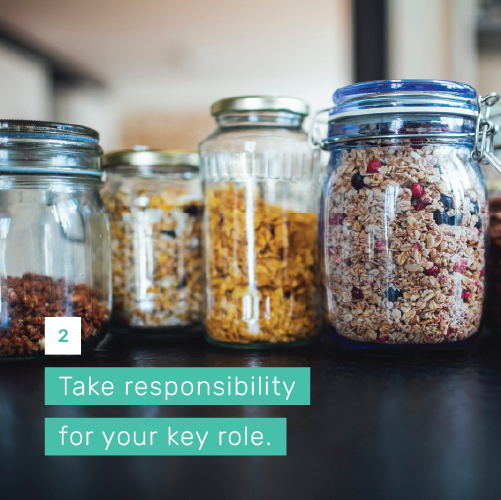
3 / Educate yourself
Low-income Black and brown communities are more likely than the larger population to be affected by climate change threats due to inadequate housing. The EPA found in 2018 that air polluting facilities impacted Black communities at a rate 1.54 times higher than the overall population. These communities full of toxic waste in the air cannot breathe because of the way others contribute towards emissions. We must include in this conversation how people of color are disproportionately affected by environmental issues. Sustainable living must be made accessible to everyone and especially those most affected by the absence of sustainability.
We need to know the facts of environmental injustice to inform our daily choices and the way we change the world around us. To bring everyone together to make a difference, we need a more diverse and inclusive platform for what sustainability looks like and how we can protect the communities that are too often forgotten.

4 / Support nonprofits with time or donations
Join environmental organizations and nonprofits in fighting environmental injustice or show support by donating to them. WE ACT is an organization that helps low-income communities of color fight harmful environmental policies and help create fair ones. Green For All and the NAACP’s Environmental and Climate Justice Program also have similar goals.
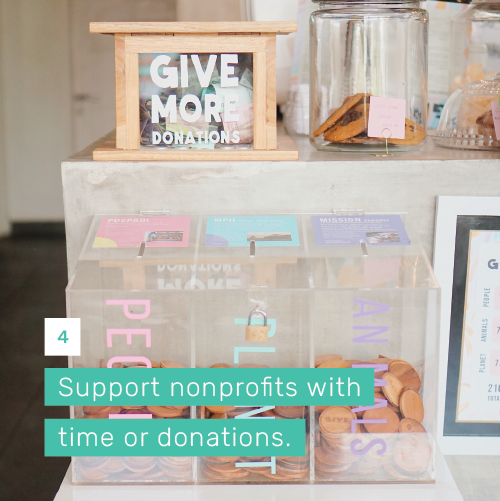
5 / Compost and thrift!
Use vegetable scraps and other food leftovers to compost them. This not only avoids adding harmful chemicals to the earth and excess methane release from food waste sitting in landfills, but it also enriches plant soil. Take a look at the EPA’s guide to composting.
Reduce clothing waste by thrifting for clothes and donating old clothes you don’t need. You also save money and environmental waste when you shop locally, instead of shopping online for new clothes.
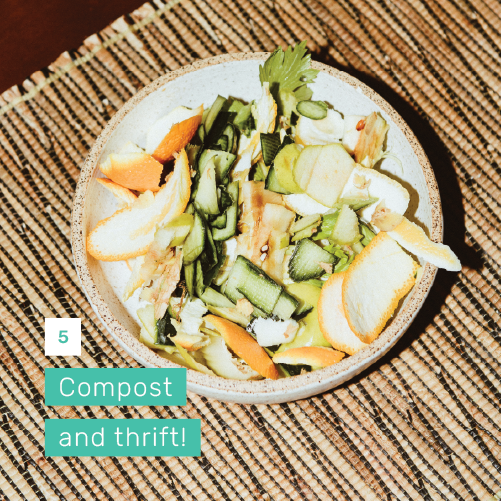
So, what you need to be doing:
We have to be willing to take action to align our lives with our values. We have to care enough for the lives of others and for the future of our environment to practice for ourselves what we want to see reflected throughout the world.
This October, you can take action to uplift environmental justice through The People’s Ecochallenge, an online and free global event for folks to build sustainable, socially-equitable habits for a better shared world. Throughout the People’s Ecochallenge, you can build your network, educate yourself, support nonprofits, compost and thrift, find ways to rest and restore, and more!


we write our emails to you with a lot of care and intention.
sign up to know about upcoming ecochallenges, impacts and insights, sustainability resources, and inspiration.
